RIP KissAnime. What’s Next for Anime Piracy?
Back in June, Mahou Sensei Negima! and Love Hina creator Ken Akamatsu went before Japan’s lawmakers to plea for new legal action to be taken on behalf of Japan’s manga publishers. I wrote a post translating his comments before the Diet, and a second post giving my general thoughts on why people pirate manga and what positive steps the industry could do to help both itself and fans around the world. Mr. Akamatsu’s plea has been heeded by Japanese lawmakers, who made a new anti-piracy law expressly covering online piracy of manga, which has already been used to successfully take down the KissAnime and KissManga pirate websites. RIP KissAnime!
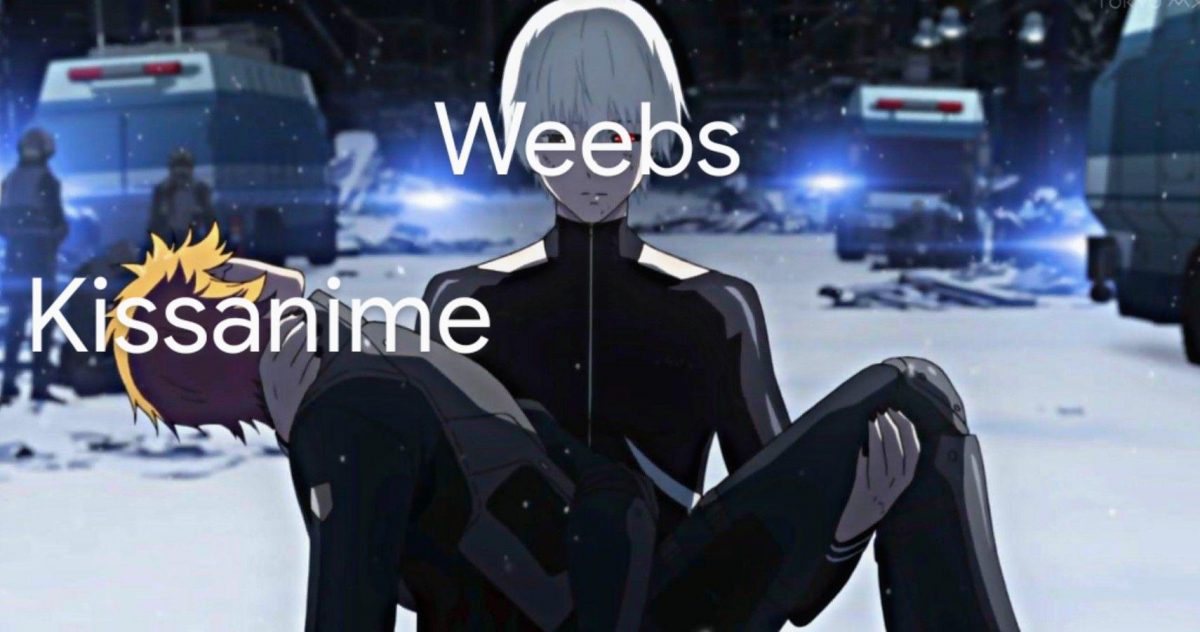
What’s In the New Copyright Law?
The new law basically adds protection against online pirating of manga and magazine content to the existing laws against illegal sharing of videos and music. Repeat offenders could face jail sentences of up to two years or a maximum ¥2 million fine (around US$19,000). I was impressed that the lawmakers went out of their way to get feedback from a wide range of creators and other concerned individuals, and had the vision to exclude doujin-related works from the law, so no creators of our beloved doujinshi parody comics need fear any kind of prosecution for making parody works. Reasonably small amounts of content shared online are also exempt, though the law lacks Western-style “fair use” language about content used for review, criticism or valid media reporting.
Of course, the new law is mostly just more “copyright enforcement theatre” and will have limited effectiveness in the end. While there are pirates in Japan, by and large the vast majority of Japanese fans buy their manga and anime, and it could be said that the anime industry is made possible by Japanese fans willing to buy those lovely but expensive limited Blu-ray sets. Japanese law doesn’t apply to fans in Australia or Indonesia or the U.S., so fans there obviously aren’t affected by it.
More important than the law itself seems to be the desire by content creators to resume the age-old game of “whack-a-mole” and try to take down all the websites where their content is consumed illegally. KissAnime and KissManga might only be the first companies to receive DCMA takedown notices.

Why Sites Like KissAnime Were Especially Hated by the Industry
I once had a discussion with an executive of one of the major U.S. streaming companies who basically said he begged fans to avoid using KissAnime, which monetized the content that his company had worked hard to make possible. Rather than support KissAnime, he’d much rather fans just torrent their anime, to avoid giving money to his company’s sworn enemy. This echoes Ken Akamatsu going out of his way to complain about “cyberlocker” type websites, who use a for-profit business model to make money from users who want to quickly download the highest-resolution pirated manga, although these kinds of sites seem much less common than the run-of-the-mill scanlation sites that let you read any manga casually on electronic devices.
So while Japan’s manga and anime industries probably dislike all unlicensed distribution of their works by fans, they especially hate sites that are able to profit from their hard work in ways that they, the actual creators, cannot.

RIP KissAnime. But Will it Stay Gone Forever?
While KissAnime and KissManga are gone for now, will they return, perhaps with dozens of proxies, like The Pirate Bay has? Will other sites rise from the ashes, copying the site’s model?
I honestly hope not. While I understand the passion the users of Reddit’s /r/kissanime board have for the site, even most of them would agree that it was a shitty, low-quality way to enjoy the anime they loved, with forced ads and low-quality video. It’d be much better if fans could help support the existing legal streaming companies (Crunchyroll, Funimation, ANIMElab, Netflix, and Amazon Prime) and encourage the creation of new ones. The new Animelog youtube channel has a lot of great classic anime streaming for free, and there are plans to add English and Chinese subtitles as well as more content in the future.
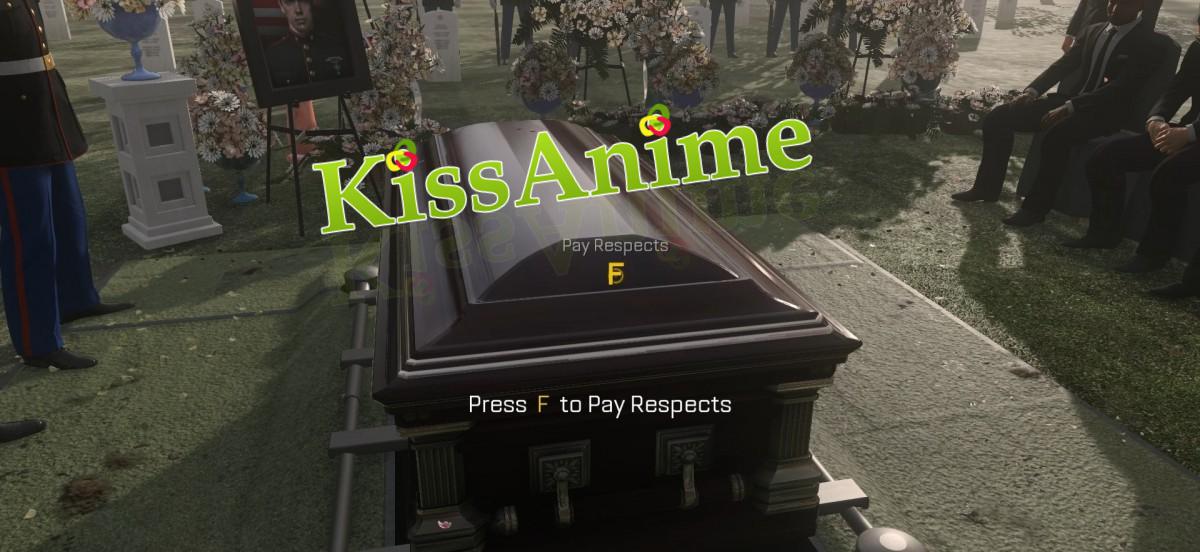
Some Recommendations on How We Can Make Anime and Manga Better for Everyone
If Japanese companies want to make a new attempt to take down illegal sites, it’s their right to do so. But they should understand that there are some valid reasons why fans pirate, and try to address those reasons, rather than mistakenly viewing them as “thieves.” Some of these reasons are explored in this post.
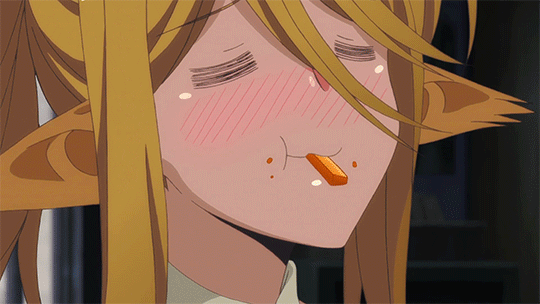
Any successful “stick and carrot” approach to managing a problem needs a carrot as well as a stick, and the industry should ensure that all their works are made available via as many streaming sites as possible, in all countries. Anime producers should come to grips with the reality that their complex licensing and title-by-title negotiations are not helpful, and a “standard basic streaming contract” needs to exist, which all companies will adhere to. Maybe Japan can make some kind of industry-wide “master production committee” to set these standards.
Japanese anime and manga companies should look towards the few success stories at combating piracy, for example the way Crunchyroll and Fakku both started out as “less than legal” distribution sites but were able to force Japanese companies to recognize them as legit due to their large userbase. Other successful companies include BookWalker, Sol Press and our own J18 Publishing sister company. Another potential success story is MangaPlus by Shueisha.
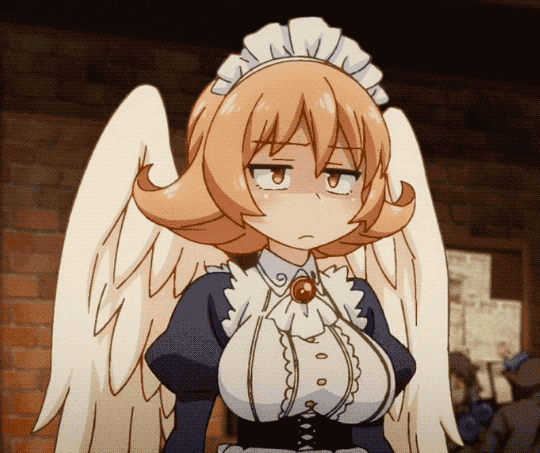
Sometimes fans find themselves unwilling to support legal streaming sites because the companies do things like alter the subtitles to add a political bent to lines that aren’t in the Japanese original. In other cases, they fail to do right by their fans, as happened with the censoring, then canceling of Ishuzoku Reviewers, something I was quite understanding of due to the extreme content of the show. The fact that Funimation is sitting on the license without making an uncensored Blu-ray release for fans to buy because of their embarrassment (and the embarrassment of Sony, who owns Funi, and clearly put pressure on them) is unforgivable.
To halt bad behavior by some of these important companies, I believe fans should a group that will make our wishes known to the companies in reasonable terms, with tens of thousands of digital signatures attached showing broad support. Maybe the group can be something like the Society for the Promotion of Japanese Animation, the group that formed Anime Expo 29 years ago, and can also serve as an official way for companies like Netflix and Amazon Prime to get thoughtful feedback from fans in an organized way.
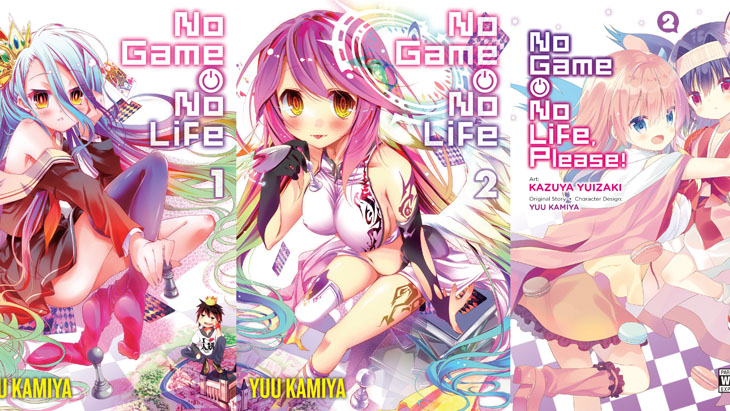
Another problem is censorship and availability. If fans are going to pay for anime and manga, we naturally insist that it be brought to us in its original form, without censorship. Sadly, with the recent de-platforming of works like No Game No Life by Amazon and Kinokuniya, we seem to be going in the wrong direction here.
Thanks for reading this blog post about RIP KissAnime. Got any comments or feedback? Tell us below or hit us up on Twitter!
One thing J-List customers love is the How to Draw books we sell, and you can find everything from How to Draw Cute Girls Wearing Swimsuits to How to Draw Boobs or Panties…because of Japan. Browse all the newest books here!
















